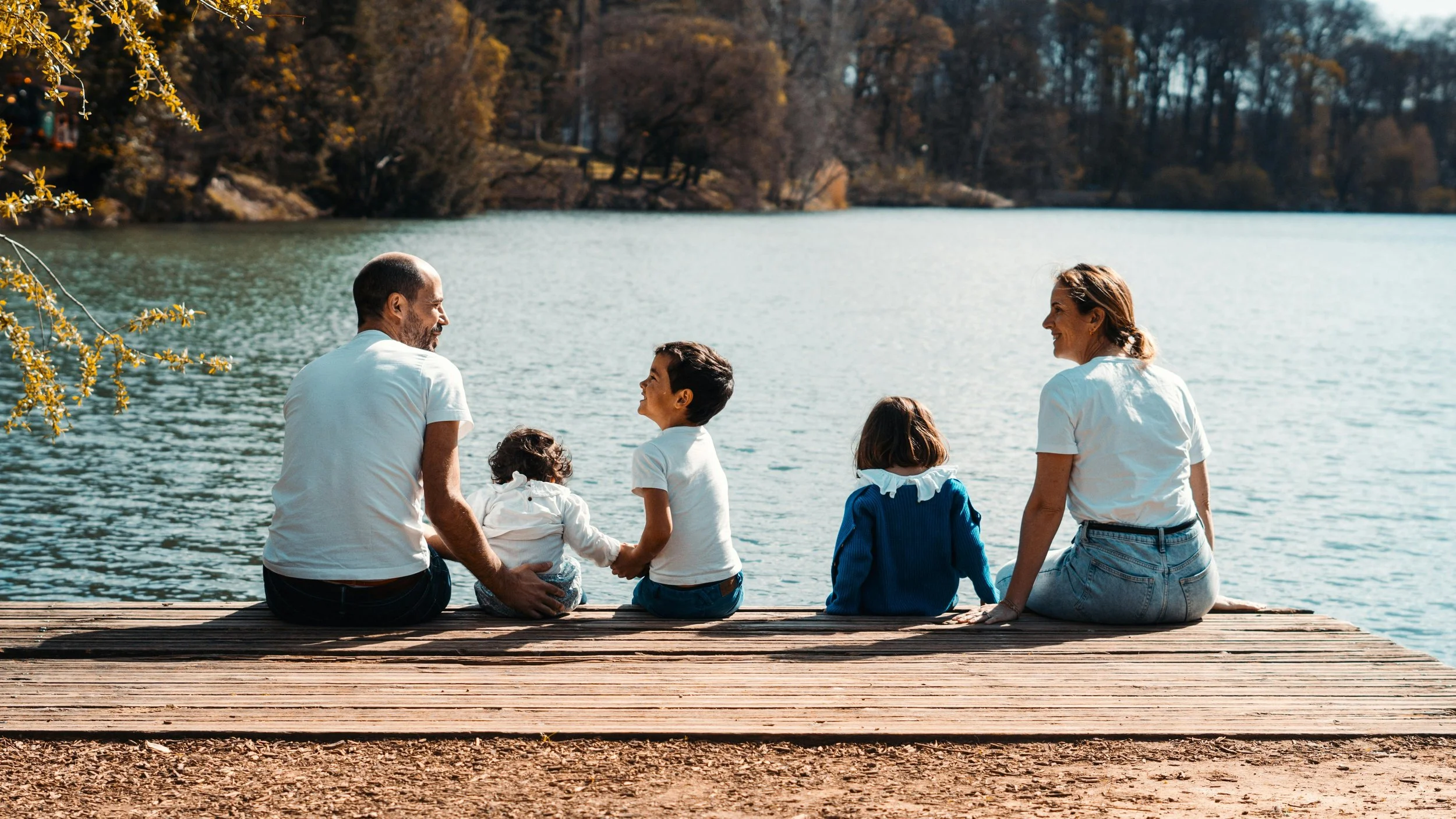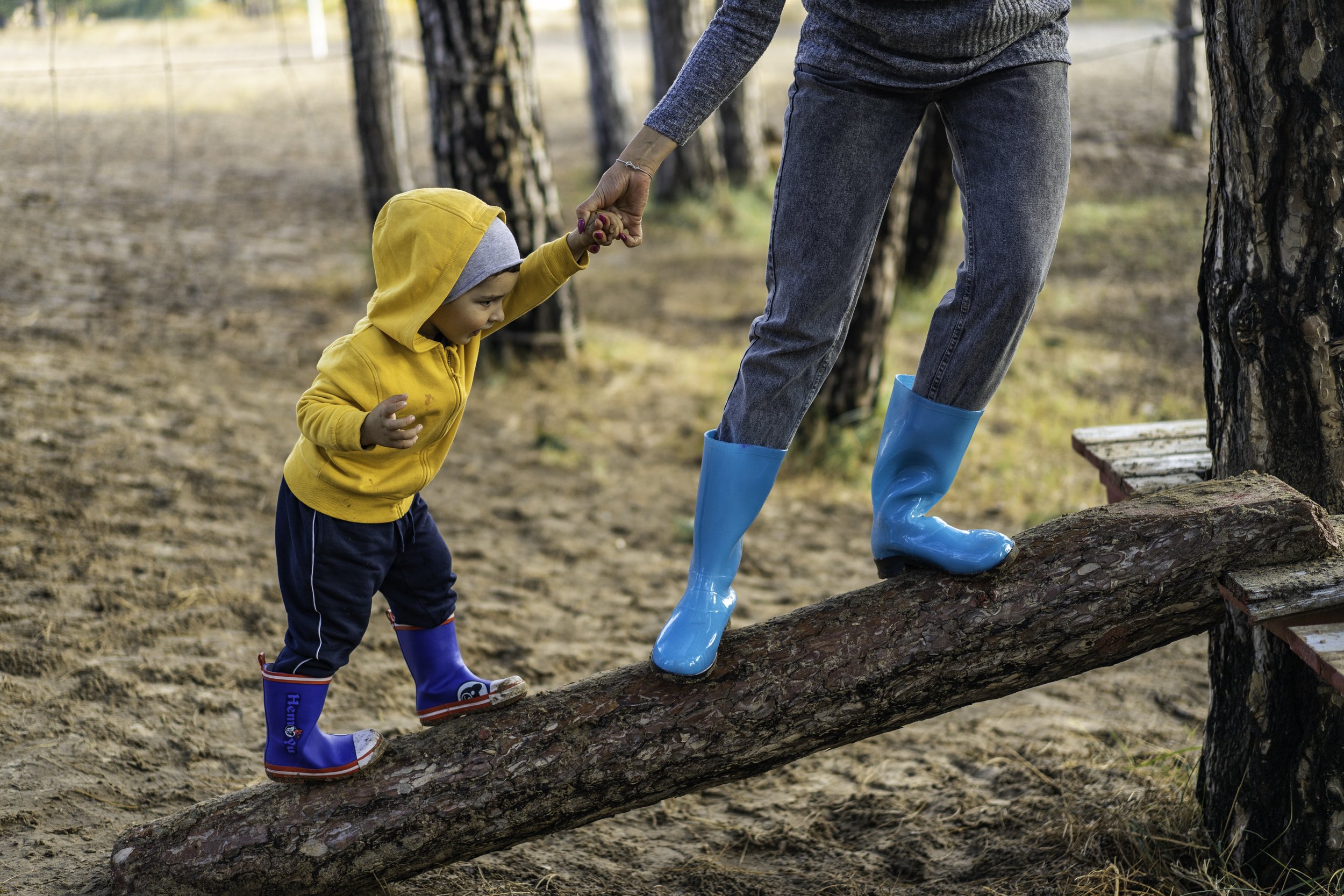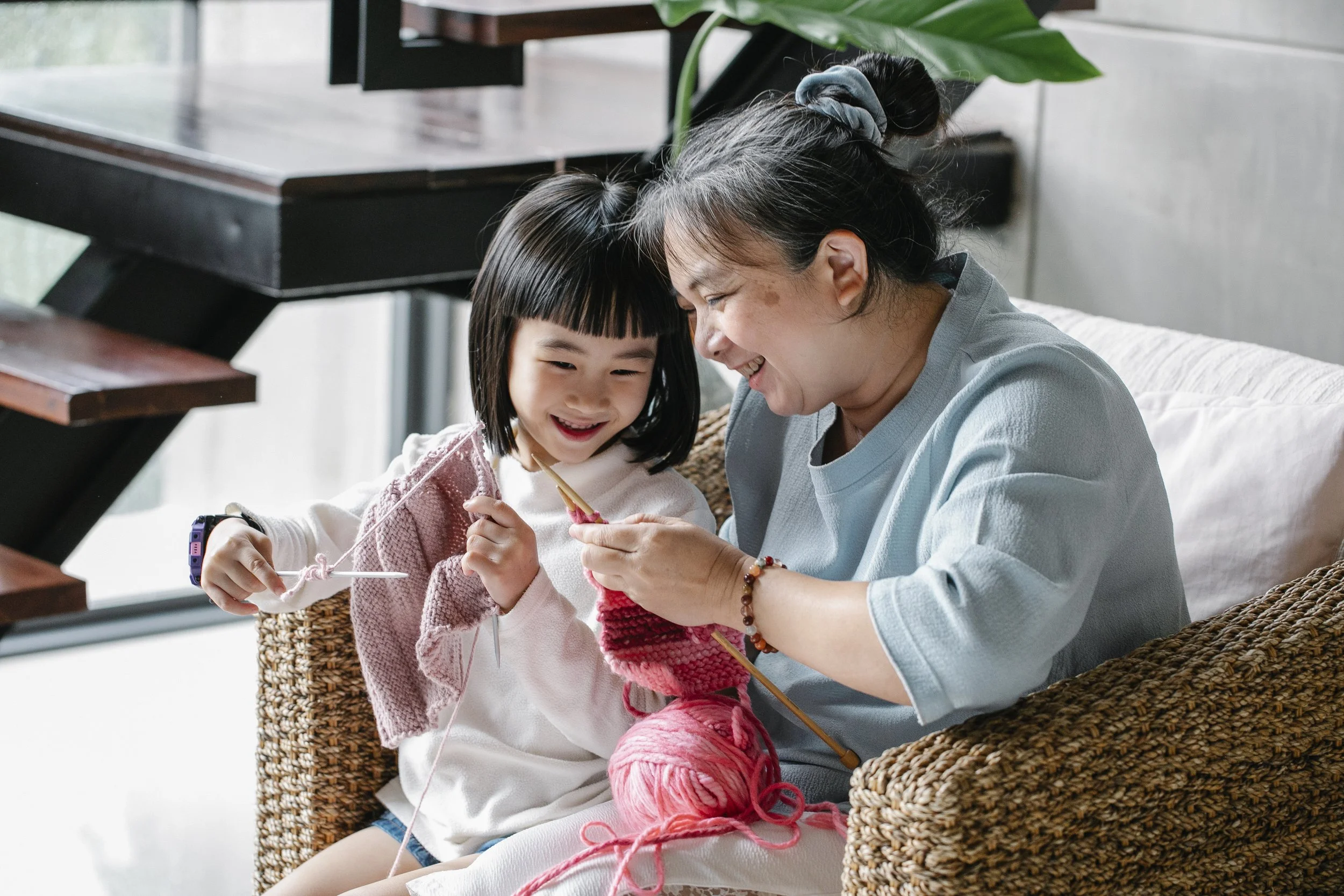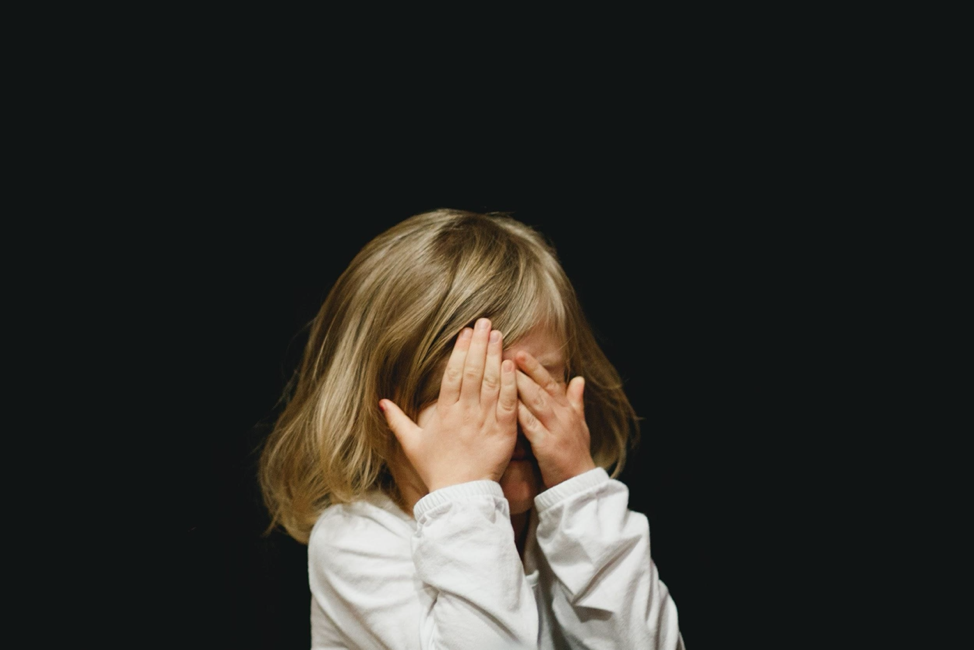Our social awareness and our relationships with others are strengthened by the ability to be empathetic. Kids who understand empathy can also better understand their own emotions. Understanding the perspective of others is foundational to ethical behavior and establishing positive relationships. Read more about how parents can help children understand and practice empathy!
Viewing entries in
2. Teachable moments
Our journey is full of change, both intentional and unexpected. As parents and educators we can help kids develop their social emotional skills to face new challenges with strength and resilience. Read on to learn more about how to help kids adapt to change.
Have you ever made a mistake and found yourself having a hard time accepting your frustrations and limitations? Self-compassion is a mindful way for us to be aware of how we can be more kind to ourselves during these times and strengthen self-confidence. According to Dr. Kristin Neff, “having compassion for ourselves means you honor and accept your humanness.” Self-compassion and SEL can help kids deepen positive relationships with themselves and with others. Read more about the benefits of self-compassion.
Children experience and express grief differently than us, and as parents and teachers who care about our children, we should learn what to expect and how best to support them after a loss in the family or community. It is challenging but crucial to do this work with the proper knowledge and communication, to ensure that our children’s development can continue healthily and safely, even in the wake of tragedy and possibly our own grieving. This post focuses on grieving in preschool through elementary school aged children, with both guidance for parents and teachers.
You or your friends might be fans of keeping a gratitude journal or gratitude diary, but how do we help kids practice gratitude too? Beyond naming what we are grateful for, here are some ideas on how to teach kids about gratitude, and ways to encourage them to routinely practice it. By doing so through these difficult times, you can set the foundation for a more positive mindset and better resilience!
Now that summer is around the corner, you may find this to be an opportune moment to establish routines that help your child grow in their independence. It is never too early to start! By instilling good habits, you can set your child up for success by strengthening their skills in self-care, self-management, goal-setting, reasoning and more, all the while lessening your load. From making choices to completing chores, empower children by helping them grow into independent people! Read on for the full list of tips.
Do you always swoop in and rescue your kids from social conflicts? Does your child or student run to you right away when there is a problem? In any type of conflict scenario, it’s important that everyone involved is aware of and understands respective feelings. How can we teach children to resolve conflicts in a way that’s simple, respectful, and helps them become independent? Read on to learn about a problem solving protocol and how it can play an important role in healthy child development.
“That’s not fair!” is a common sentiment of children, but how often is this phrase used when pointing out a true injustice? Teaching children the concept of fairness is an important part of growing up and practicing empathy. Read on to learn about how to teach the meaning of equity vs. equality and why it matters.
When we are feeling angry, scared, or happy we have different ways to express those emotions including through body language. As we react to emotions, our bodies communicate how we are feeling through poses and movements. Read on to learn more on how to help kids understand emotions and body language.
Through social emotional learning, kids learn how to recognize and manage their emotions independently. Sometimes feelings can be overwhelming and hard to handle on our own. During these difficult times we can remind kids that it is okay to ask for help. Read on for tips on how to teach kids how to ask for help, at home and at school.
Acts of generosity are especially common this time of year but what would it look like if we practiced generosity more often? This holiday season, through activities and discussion, we can help our children better understand generosity and the positive impact it has on others. Check out our blog to learn more about activities to foster generosity.
We know learning how to lose is a skill that needs to be practiced because even as adults, we don’t like to lose and some people may react more strongly than others. As our children grow, their competitive nature can also grow with them. We can model for them how to lose graciously and how to celebrate the journey that is the activity or competition itself. Read more about how to teach these important skills to your child.
In the middle of a pandemic and protests, now is the time to ensure we are supporting children in their compassion for others and their actions against injustice. Here are just a couple actionable items and tips to beginning important conversations with our children about race and equality.
Is the COVID-19 outbreak causing more arguments and fights at home between the kids? Today’s added anxiety can lead to stronger emotions and more problems than usual, especially as adults and children are all cooped up together. Now may be a good time to teach into or brush up on responsible problem solving skills that are key to managing a good life and improving mental health. Read on to help your kids become problem solvers!
During the spring everything is growing, including our kids! Social emotional learning is an important tool for child development. Understanding emotions and learning how to make responsible decisions can be challenging but are made possible with the help of support systems. Read on to discover how SEL and support systems are important for growth.
Big feelings, sadness, anger, frustration, can be difficult to process - even for an adult. How do teachers help support kids’ emotions and feelings at school? Using similar strategies in your home, such as creating calm spaces, can help build home-school connections (or help homeschooling too!), while providing your kids with an opportunity to practice managing their emotions independently. Learn more about creating calm spaces, with games and activities, for your kids at home.


















